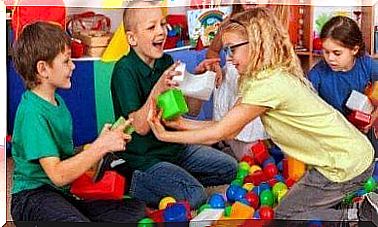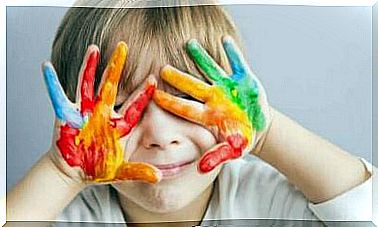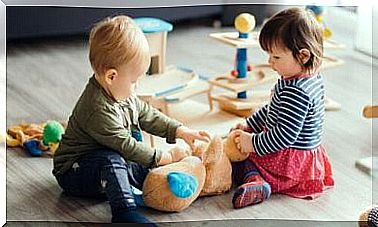6 Games That Help Develop Deductive Reasoning
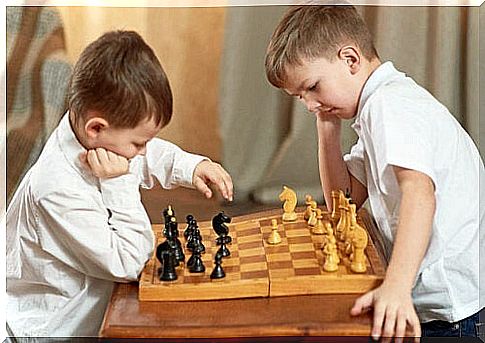
It is very important for your child to use deductive reasoning early on. Both parents can help them work on this skill at home, and teachers can also play a role in school. To help parents with this task, we are going to share six games that help develop deductive reasoning.
Logical thinking is necessary as it helps your child learn faster and gain a better understanding of each topic. Moreover, it helps them to solve obstacles and problems effectively throughout their lives.
Strong deductive reasoning skills translate into a greater ability to think well. Do you want to know which games you can use to develop deductive reasoning skills in your child? Keep reading.
Games that help develop deductive reasoning
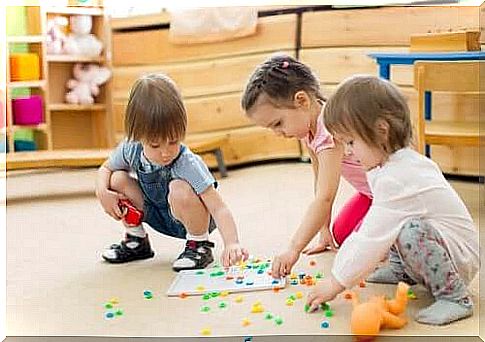
Imitations
By mimicking the different sounds or movements of certain characters or animals, your child develops the ability to associate things. In this game, they can also imitate the characters in their favorite cartoons, various animals or even someone in the family. Besides improving their deductive reasoning skills, they won’t be able to stop laughing!
Puzzles to develop deductive reasoning
Puzzles are a great educational tool. Not only are they fun, but they can help improve your child’s deductive reasoning skills, as well as their attention. The great thing about puzzles is that there are so many options made for all different ages.
In the shop you will find puzzles for younger children, which are easier and have only a few pieces. On the other hand, you can also find more complicated ones, with elaborate images and thousands of pieces. As your little one works on his puzzle, they build their attention and ability to concentrate.
Chess is another game that helps develop deductive reasoning
This is one of the best games to help develop deductive reasoning as it is closely associated with this skill. When children play chess, they work on their thinking skills and also improve their memory, concentration, responsive actions and their ability to solve problems.
That’s why you should definitely play chess with your kids at home. Besides having fun, you help them improve their deductive reasoning.
Scrabble
You can play this game with children who can already read and write. As they play, they will begin to improve their reasoning speed, automatic thinking and vocabulary.
In addition, you can also use Scrabble to help your kids learn new words and improve their spelling. These kinds of games help children think faster, concentrate and make learning easier.
Patterns to develop deductive reasoning
Learning about patterns is a very simple technique that helps children improve their ability to associate and sort. They can sort with different colored stickers and shapes, objects or sizes. The key is to use materials that have something in common.
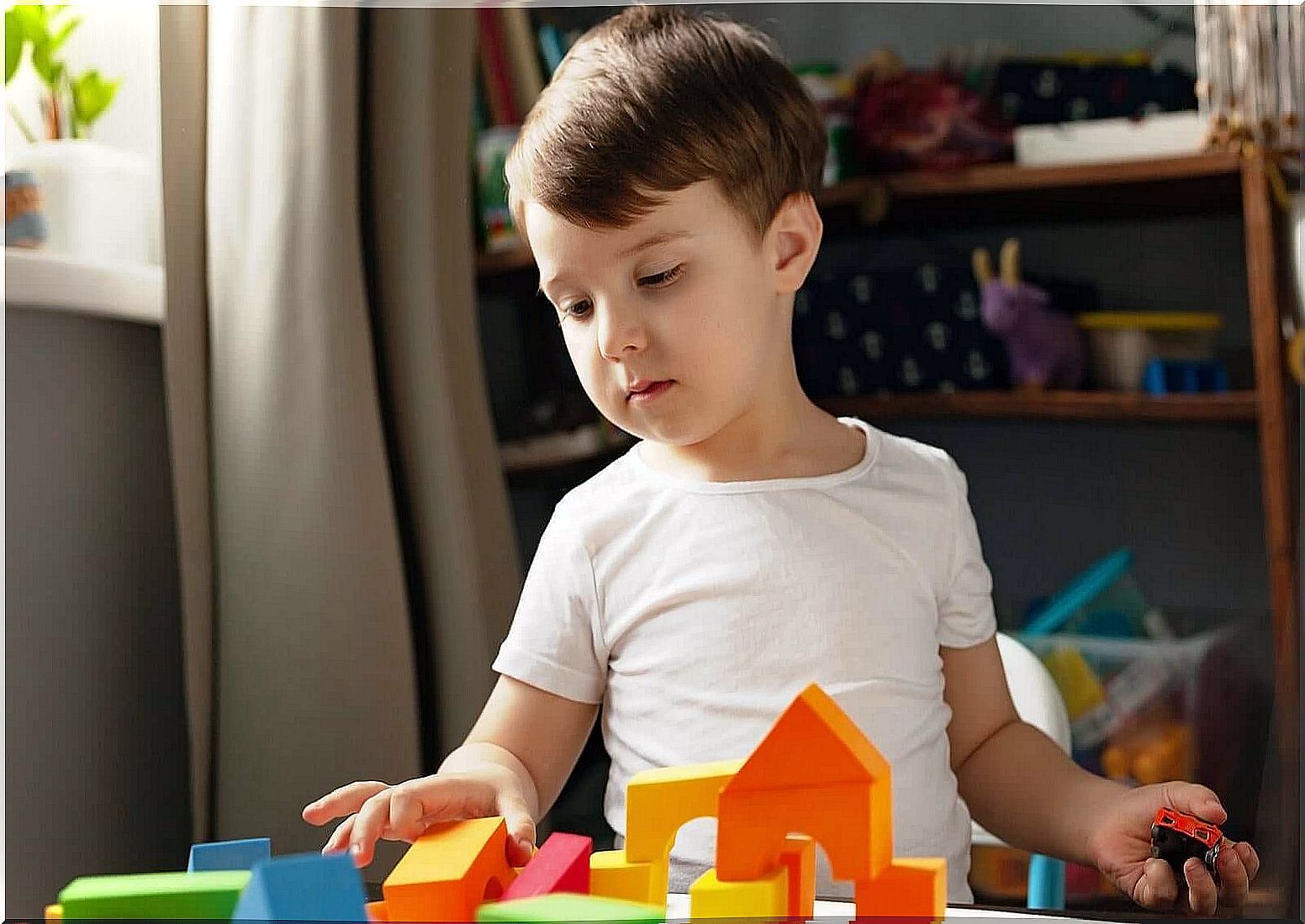
For example, you can put different colored bowls on the table. Then you can give your child different colored pieces of pom pom paper that are the same color as the bowls. Your child will then work to place each item in the bowl of the same color.
Another thing you can do is use stickers and sort them by size and colors. Then your child should continue to follow the pattern the same way you started it. This activity will help them improve their deductive reasoning and association skills.
Copy the image to develop deductive reasoning
This is another game that helps develop deductive reasoning skills in your kids. You can buy this game in the store or you can make your own version at home. The purchased version comes with some colored pieces that your kid will place according to a sheet with an image on it.
However, if you want to do it yourself at home, you can draw a picture on a piece of cardboard and then have your kid recreate it using LEGO pieces. This game will help your child develop spatial awareness of their body as well as logic. That’s because they have to follow what the drawing shows to place their LEGO pieces.
Conclusion
These deductive reasoning games are a great way to entertain your child while improving their cognitive skills. For example, they build on their reasoning, orientation, attention and concentration skills. So if your kids are bored, it’s time to play!


